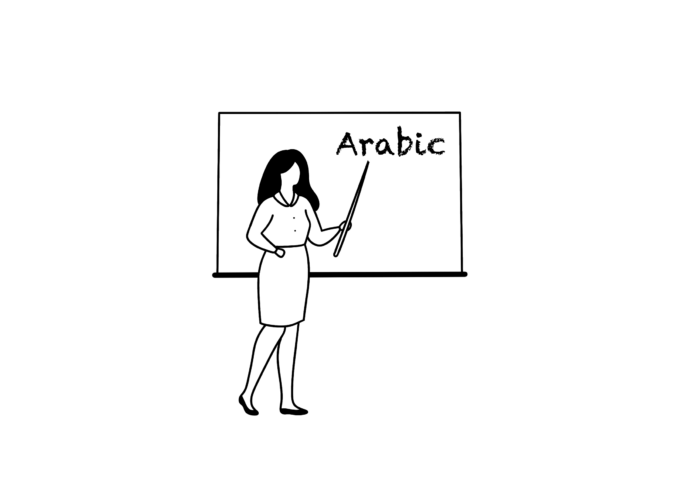
Arabic is one of the oldest and most commonly spoken languages in the world. It is also an important language for diplomatic relations and domestic safety, something that is not lost on the National Security Agency.
That’s why the agency created STARTALK, a federal grant that allows educational institutions to provide free classes in languages that are deemed to be of “critical need.” These languages include Arabic, Chinese, Korean, Persian, and Russian.
Rowan University has received a grant from this program to provide Arabic classes to high school and freshman and sophomore college students.
Edward Smith, PhD is the program director for Rowan’s STARTALK Arabic program.
“I can tell you generally the wonderful benefits of learning a foreign language. It makes you more worldly, more cultured. It gives you insight into your own language and culture. It opens your mind to other life experiences,” Smith said. “It teaches indirectly, and often directly, tolerance and an appreciation for those things that you will normally be unfamiliar with. So in many ways, you know exactly what the mission is.”
The program will be taught by Rowan lecturer of Arabic Tarek Mousa, who originates from Egypt.
“The name of the program is Discover Cairo. So we’ll use more about Egypt and the education, the culture… a lot of places to visit, so as a program, it will be more in deepness of culture and how to learn the language,” said Mousa.
The Department of World Languages earned the grant after writing a proposal on why Rowan should receive the money.
“They will not accept you if you don’t have a new idea… there’s more than 200 [applicants for the grant] … they accept only like, 10 of them,” said Mousa.
The program lasts from March 26 until August 1, and starts with pre-camp remote instruction on Tuesday and Thursday nights. Pre-camp instruction will go over the basics of the language, teaching students elementary Arabic.
The two-week summer camp is not residential, meaning that all those who partake have to be local to South Jersey. Lunch will be provided every day. Students will go into Philadelphia on the last day of camp to shop in Arab-owned stores, eat at the restaurant that will be catering the daily lunches, and interact with as many speakers of Arabic as possible.
Tuition, books, and food are all covered for the accepted students with the money from the $101,569 grant.
By the end of the program, those in charge of the class hope that students will be able to speak, read, and write Arabic in simple sentences. Students will also receive academic credit for taking Arabic I and II through this course. The deadline to apply for the program is Jan. 16.
For comments/questions about this story DM us on Instagram @thewhitatrowan or email thewhit.newseditor@gmail.com.





